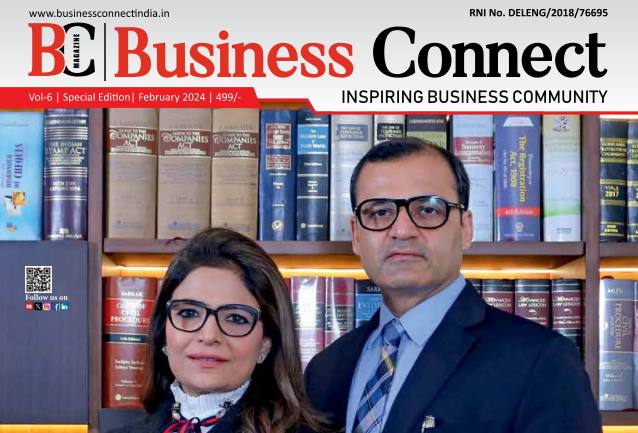The principle of mutuality is based on a straightforward principle — one cannot be considered trading with and making a profit from oneself, and therefore, no income tax can be levied where mutuality exists as no real income is generated. For instance, in Chelmsford Club vs. CIT, (2000) 243 ITR 89 recreational facilities were provided by a Club to its members and their guests, any surplus was used by the Club exclusively for maintenance and development purposes. Such surplus or ‘profit’, thus, did not fall within the definition of ‘income’ under Section 2(24) of the Income Tax Act 1961.
Developed solely by precedent, the Privy Council in The English and Scottish Joint Cooperative Wholesale Society Ltd. vs. Commissioner of Agricultural Income-Tax, 1945 13 ITR 295 Cal, laid down the triple test to identify what constitutes the existence of mutuality: (i) contributor identity and common fund recipients; (ii) the members or contributors follows and furthers the mandate of the company or association; and (iii) there is no possibility of the contributors deriving profits from the contributions made by them. Reliance has been placed on this judgement by the Supreme Court of India in CIT vs. Bankipur Club, (1997) 5 SCC 394 and the same has been reiterated in Yum! Restaurants (Marketing) Pvt. Ltd. vs. CIT, (2020) 424 ITR 630 alongside the observation made in Commissioner of Customs (Import) v. Dilip Kumar & Co. (2018) 9 SCC 1 that tax exemptions are subject to strict interpretation.
It was clarified by the two-judge bench of the Supreme Court comprising Justices B.V. Nagarathna and Prashant Kumar Mishra in Secunderabad Club vs. CIT, 2023 INSC 736 that the Bench in CIT vs. Cawnpore Club, (2004) 140 Taxman 378 (SC) with the words, “no useful purpose would be served in proceeding with the appeals on the other questions when the respondent cannot be taxed because of the principle of mutuality,” never considered indicating what attracted the principle of mutuality within the ambit of “the other questions” and thus, did not set forth a binding precedent. As such, the Bench in Secunderabad Club stressed on the difference between obiter dicta and ratio decidendi while reaffirming the landmark Bangalore Club vs. Commissioner of Income Tax, (2013) 5 SCC 509 and rejecting the contention raised in Secunderabad Club that mutuality exists in case of income from interest earned on fixed deposits made by clubs in member banks.
The question is — in a case where a bank is the corporate member of a Club and the Club earns interest on fixed deposits it made in the same bank, why would the principle of mutuality not apply? And the answer is simple — the “no man can trade with himself” defence is not applicable as the relationship is now of a banker and a customer. This is because the bank is generating income when loaning the deposited money to third parties or by investing the money in the market. In conclusion, as settled by the Supreme Court in Bangalore Club and reaffirmed in Secunderabad Club, the interest income from fixed deposits in member banks strictly falls within the ambit of “any other income from other sources” of the Section 2(24) of the Income Tax Act 1961 as such income fails the third test in triple test of mutuality.



